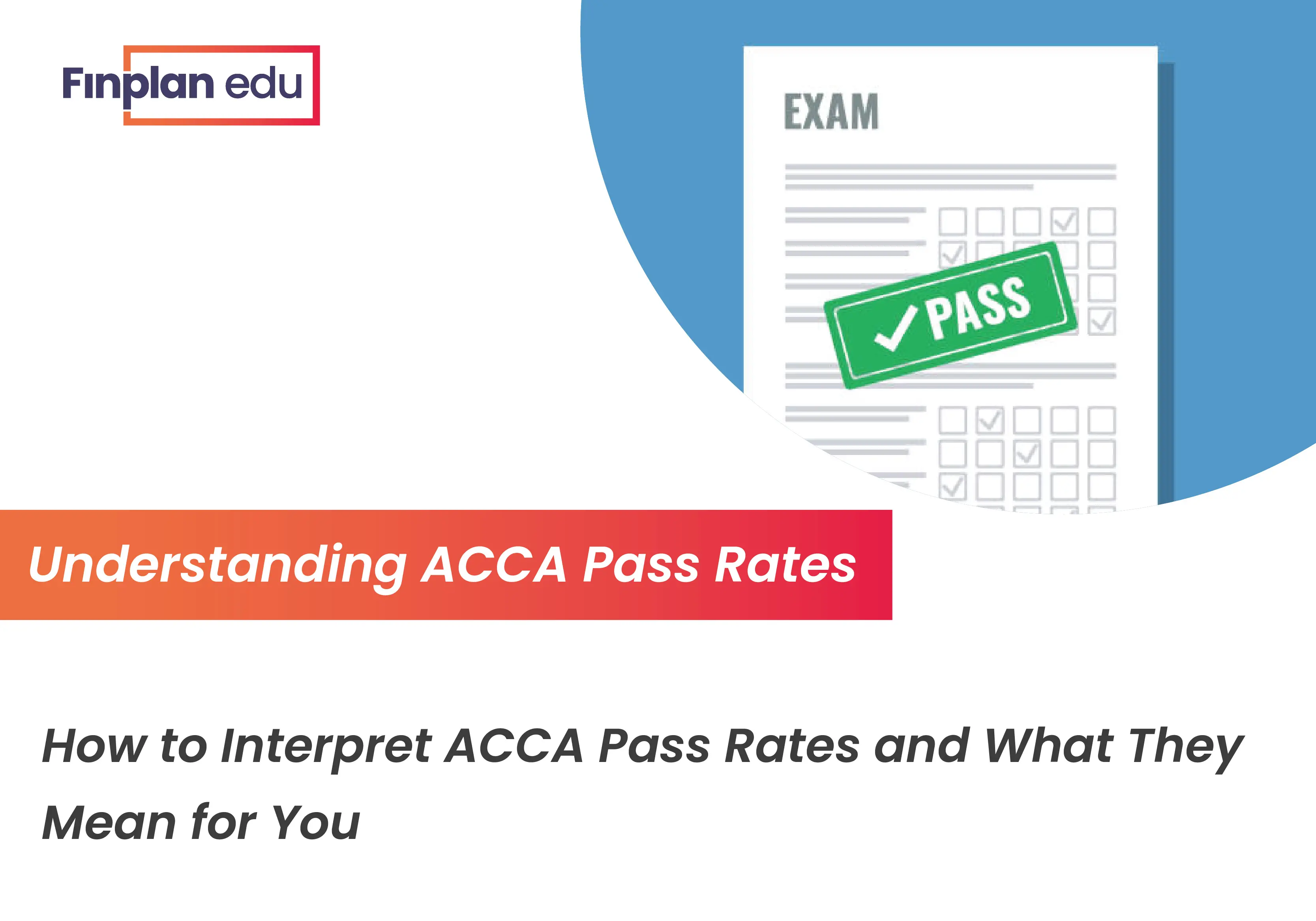In today's competitive business world, accounting certifications play a crucial role in advancing career opportunities. Two of the most sought-after credentials in the financial and accounting sectors are ACCA (Association of Chartered Certified Accountants) and CMA (Certified Management Accountant). Deciding which certification to pursue can be challenging as both offer unique advantages. In this blog, we’ll break down ACCA vs. CMA, helping you choose which qualification aligns best with your career aspirations.
What is ACCA?
Definition and Overview
The ACCA qualification is recognized globally and focuses on financial accounting, audit, and taxation. It is designed for individuals aiming to build expertise in various accounting practices, offering the flexibility to work in diverse industries.
Eligibility Criteria
-
Minimum age of 18 years.
-
High school education with credits in English and Mathematics or equivalent qualifications.
-
Graduates or professionals from related fields can also apply for exemptions based on prior learning.
Requirements to Complete the Course
-
Complete 13 exams.
-
Fulfill a Professional Ethics module.
-
Gain three years of practical work experience.
What is CMA?
Definition and Overview
The CMA qualification, administered by the Institute of Management Accountants (IMA), emphasizes strategic management and cost accounting. It is especially valuable for professionals interested in corporate finance, internal management, and decision-making.
Eligibility Criteria
-
Bachelor's degree from an accredited institution.
-
Membership with the Institute of Management Accountants (IMA).
-
Two years of relevant professional experience.
Requirements to Complete the Course
-
Two-part exam covering financial planning, analysis, and management decision-making.
-
Fulfillment of two years of work experience in management accounting or financial management.



